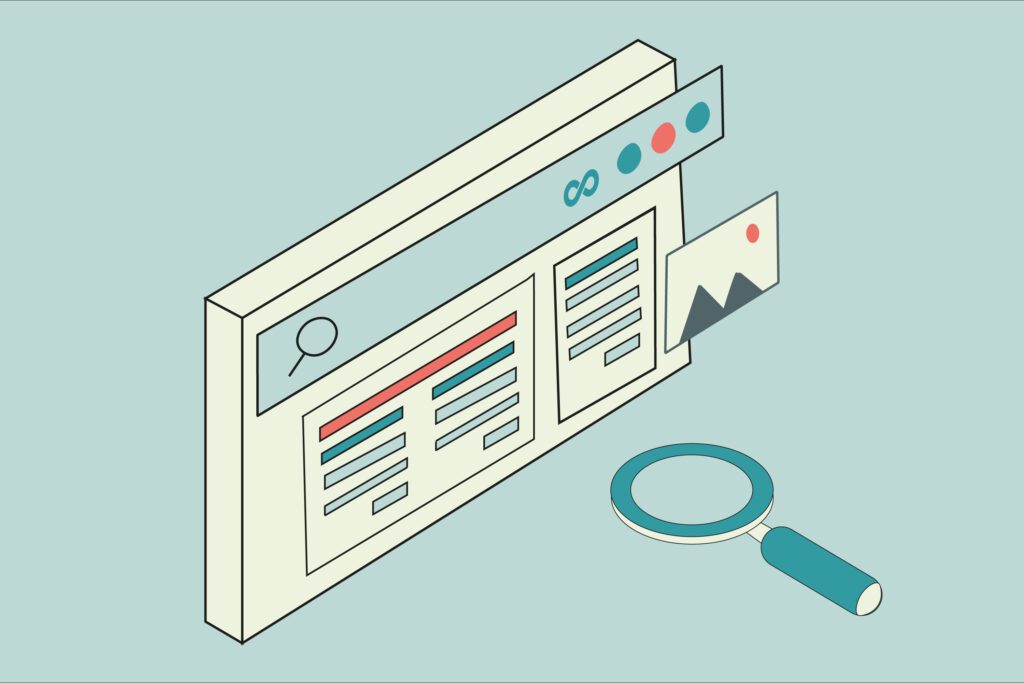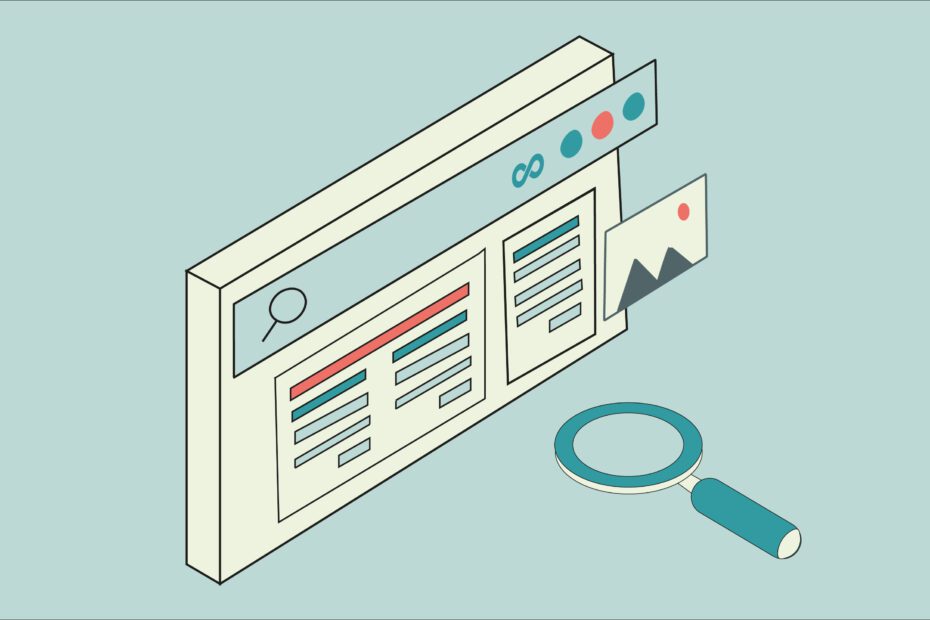The self-assessment deadline for filing for the year April 6th 2020 – April 5th 2021 is January 31st 2022.

You will need to file a self assessment if one or more of the following applies to you:
- You work for yourself (you are self-employed)
- You are a partner in a partnership business
- You are a trustee or executor of an estate
- You are a director of a limited company and take some income as dividend. See our blog post on the optimal directors salary to see why this is recommended.
- You have rental income
- You have more than £10,000 in savings or investment income
- You make more than £100,000 (through whatever means
There are other reasons why you may need to file that are less common, contact us if you are not sure.
So, if you have found that you do need to file, you first need to ensure you have registered for self assessment with HMRC. This is a quick and relatively simple process. There are different ways to register if you are self employed, a partnership, or have any other source of income.
You’ll need your national insurance number, current address (and business address if different/applicable), and details about where your income comes from. You won’t need to include any figures at this stage, this is more an information collection point.
You must register before October of the year after you have started making money outside of PAYE (or, more than £100,000 before tax within PAYE).
For example, if you started making money in May 2021, you must register by October 2022 and file by January 2023.
Once you’ve registered, we recommend filing as soon as possible. Don’t worry, you won’t have to pay until January 31st if you don’t want to. You can do this through the Government Gateway portal, or hire us to get it done for you.

